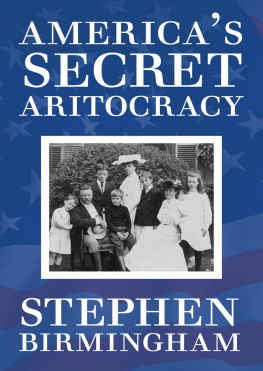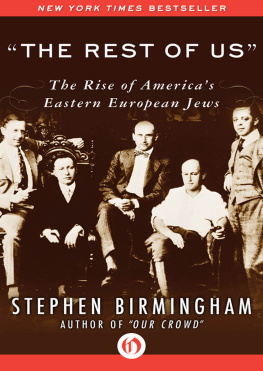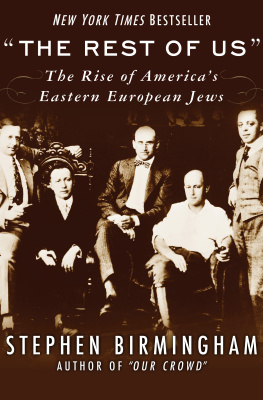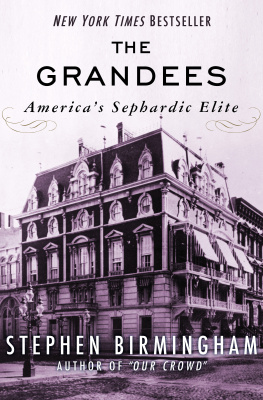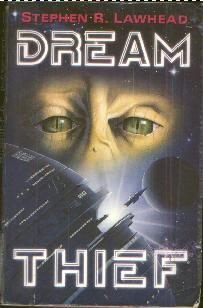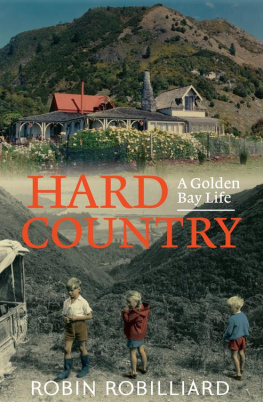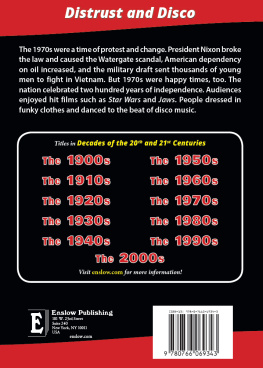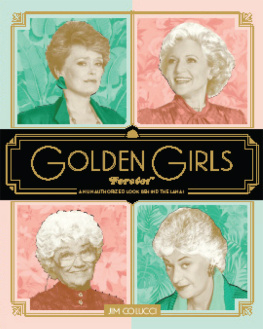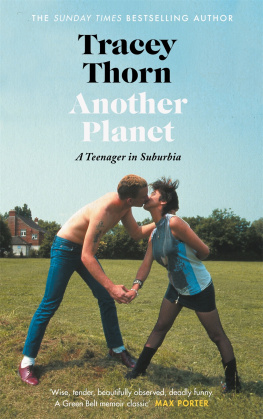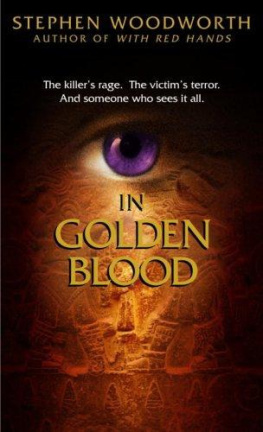The Suburban Dream
They came to the suburbs in pursuit of a dreamthe way, in the 1920s, people flocked in droves to Florida looking for a land of sun and space. They came in search of green grass and trees, away from the hassle, a place where children and pets could run and play unattended, where there was room for a garden, a terrace, a backyard swing, a swimming pool, a tennis court, or a gazebo. They came to escape the citys dirt and noise and crime and traffic, and to escape the tyranny of rents and landlords. They came for the promise of better schools, lower taxes, less indifferent police, more convenient shopping, to find an amorphous quantity called greater freedom, and to leave behind the alleged anonymity of city living. Many came for racial reasons, to escape what seemed an invasion of blacks, or Puerto Ricans, or Jews, or Mexican-Americans. More than anything else, they came because the suburbs symbolized the Good Life, and one of the most important factors of the Good Lifein America, at leasthas been to own a home of ones own, or at least to own a part of it, and to be invited to join the country club. The suburbs symbolized making it. They came by the millions.
The flight to the suburbs began before the turn of the century, encouraged at first by the coach and ferry, then spurred by the development of the railroad and the automobile. By 1925, suburbanization had become as national trend. But it was not until the economically booming days of the 1960s that the trend became a roaring phenomenon. In the decade between 1960 and 1970, the twenty-five largest cities in the United States had, all together, gained about 710,000 in population. Their suburban areas, meanwhile, gained 8.9 million peopleor twelve times more. The suburbs of New York, for example, now have more residents than the city itselfnearly nine millionmaking the New York suburbs themselves the largest city in the country.
The escapees to the suburbs have found many of the things they were looking for: the grass, the trees, the cleaner air, and so on. But they have also found other things which they did not bargain for. They have found spiraling taxes, soaring real estate prices, schools that often seem less than satisfactory. They have found drugs, and crime, and dirt and noise from the freeways. They have found zoning battles, bond-issue fights, dirty politics, corruption in government, water shortages, crab grass, red spider, and the Dutch elm disease. They have watched the encroachment of industry, of high-rises, of tract developers, and of shopping centers set amid acres of asphalt. They have watched the racial minorities they hoped to avoid follow them, and they have cursed at suburban rush-hour traffic jams. They have discovered the value of the spite fence, and they have discovered boredom. Most of all, they have also discovered that curious anomie, that sense of disorientation, that indefinable feeling of separation, which living in suburbia so often seems to convey.
Blood and Money
When the Keith Jacksons of Houston, Texas, became, like so many young Texans, suddenly petroleum rich, the first thing they felt they needed was a good address! In Houston, the only good address worth mentioning is River Oaksa suburb that, because of its proximity to the city, is convenient for businessmen and that, because of the sheer opulence of its residences, is probably unmatched among American show-off communities.
Jackson, who was too busy to house-shop himself, dispatched his wife to drive around River Oaks and select a house she liked. In River Oaks, a zoning ordinance prevents owners from putting For Sale signs on properties, but that didnt particularly worry the Jacksons, who figured that whether or not a house was actually for sale didnt much matter, since the Jacksons were prepared to offer the owner of whatever house Mrs. Jackson fancied a price the owner couldnt refuse. For several days, Mrs. Jackson prowled the shady, Spanish-moss-hung streets of River Oaks, peering through majestic gateways and down long drives, examining faades. Finally, she announced that she had found the house of her dreams. Its nice and big, she explained, and has beautiful grounds. Theres a pool, there are tennis courts, and theres even a golf course. When the Jacksons prepared to make their offer, however, they discovered that the place Mrs. Jackson had in mind was the River Oaks Country Club. The Jacksons werent able to buy the country club, but they did end up with quite a nice placea two-million-dollar house which contains, among other things, a Steuben Glass staircase. At the time, a friend commented, I didnt know Steuben Glass made staircases. Neither did Steuben Glass, replied the Jacksons, until we ordered it.
River Oaks relishes its tales of residential extravagance, and takes great civic pride in each new splurge. When, for example, the Kenneth Schnitzerswho are big in supermarketsbought their house, Joan Schnitzer wanted a tennis court. But there was no room for one. So the Schnitzers simply bought the place next door, took an acre for their tennis court, and sold what was left. Mrs. Collier Hurley travels around town in a chauffeur-driven Cadillac that has a bar. When she travels to New York, for shopping, as she frequently does, she flies with her four poodles and a small freezer full of fresh, extra-thick lamb chops, which, she insists, are the only meat her dogs will eat. Mrs. Anthony Villa, who is famous locally for the size and number of the diamonds she wears, has a thing about pineapples, and so, when the Villas bought their River Oaks house, Mrs. Villa ordered an array of enormous ornamental pineapples placed on the rooftop. The place has become a landmark, and a neighbor giving directions to his house may say, I live three doors down from the pineapple house. When Earl Dowwho runs an expensive fast-food chainbought his River Oaks house, he had it painted to match the colors of Neiman-Marcus shopping bagschocolate brown and beige. And so it goes. Costly idiosyncrasies are applauded in River Oaks.
River Oaks likes nothing better than to entertain visiting royalty. Mr. and Mrs. Robert Herring have achieved something of a record in this category, since they have been host to four heads of state in the last two years, with a perhaps understandable emphasis on Arab leaders, and the Herrings spare no expense. At a party for King Hussein of Jordan, for example, Joanne Herring and her decorator turned one large room into a shahs discothequean indoor Arabian Nights tent with lush pillows scattered about the zebra-patterned floor. Joanne Herring had assigned various Houston beauties to lounge, harem fashion, on the cushions when the king made his entrance, but somehow a cue was missed and when Hussein entered the tent, all the women were standing. I thought you were all going to be lying around on the floor! cried Mrs. Herring. Quick! Get on the cushions. The ladies complied, and a Mexican mariachi banda Texas touchstruck up a tune. On her cushion, a young Houston woman named Annie Owen found herself seated next to the king. She reached for a cigarette, and the king reached for his lighter. When Miss Owen admired the lightergold, embossed with the royal insigniaHussein proved that he could be as extravagant as any Texan, and asked her to keep it. At first Miss Owen demurred, but he insisted. If I dont take the lighter, will you be insulted? she asked. I will, replied the king. So Miss Owen kept the lighter. Though King Husseins visit at the Herrings lasted only thirty minuteshe had to dash on to a meeting with former U.N. ambassador George Bushit was all considered worth it.




